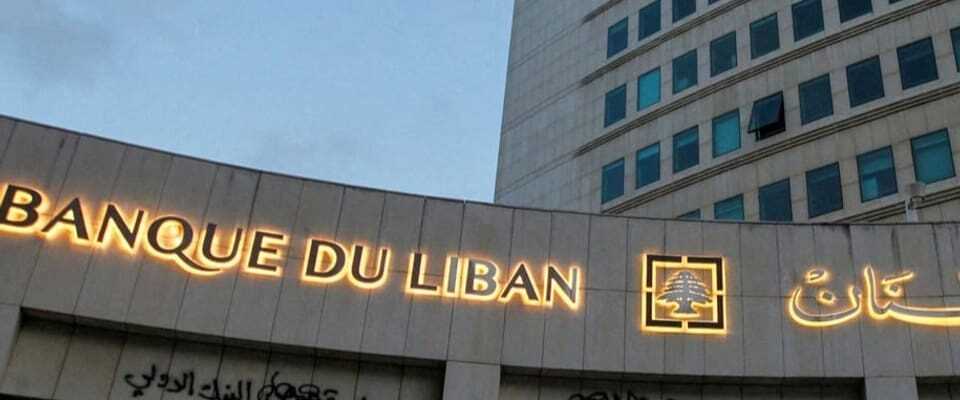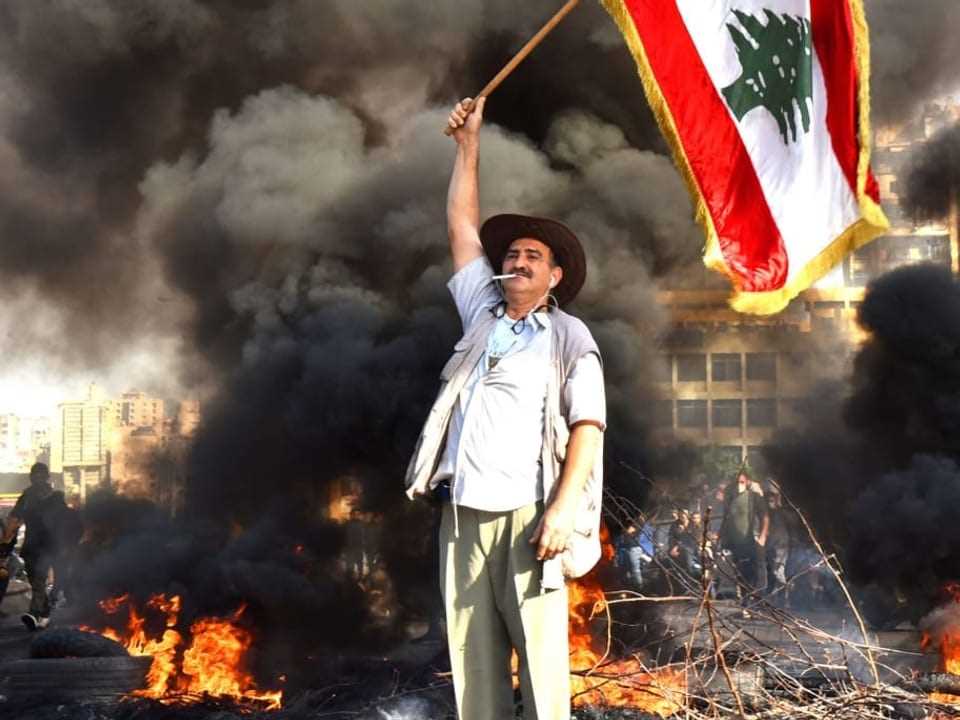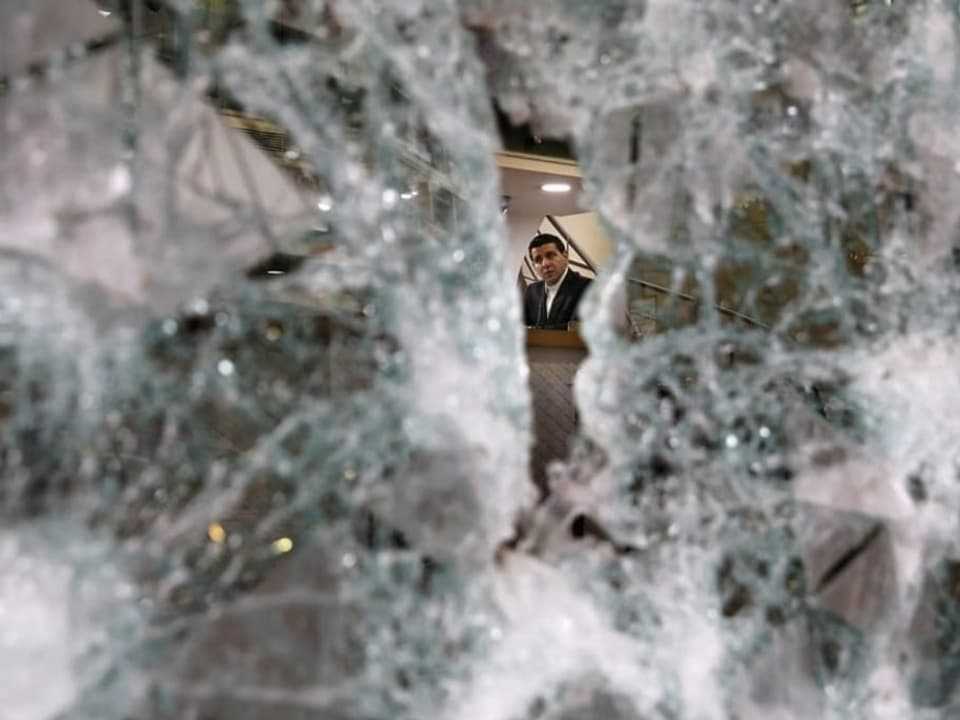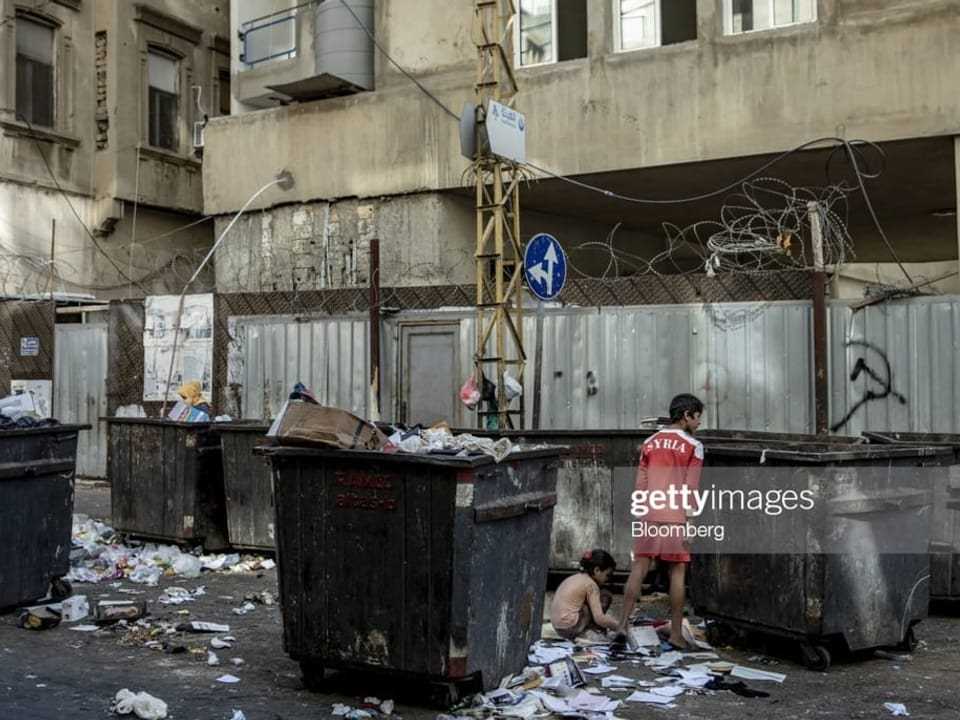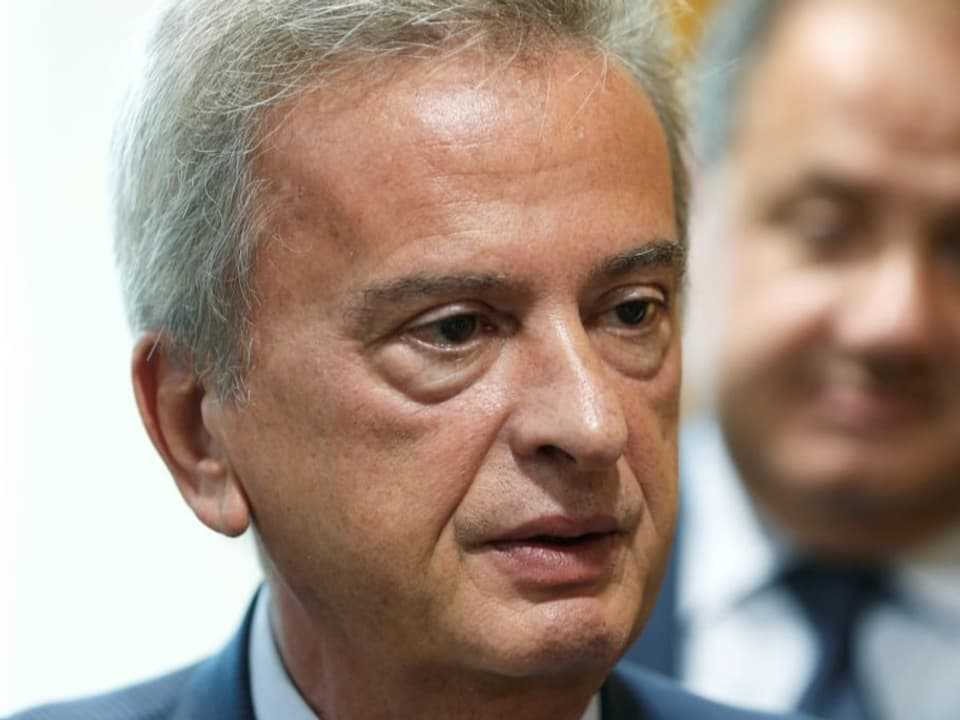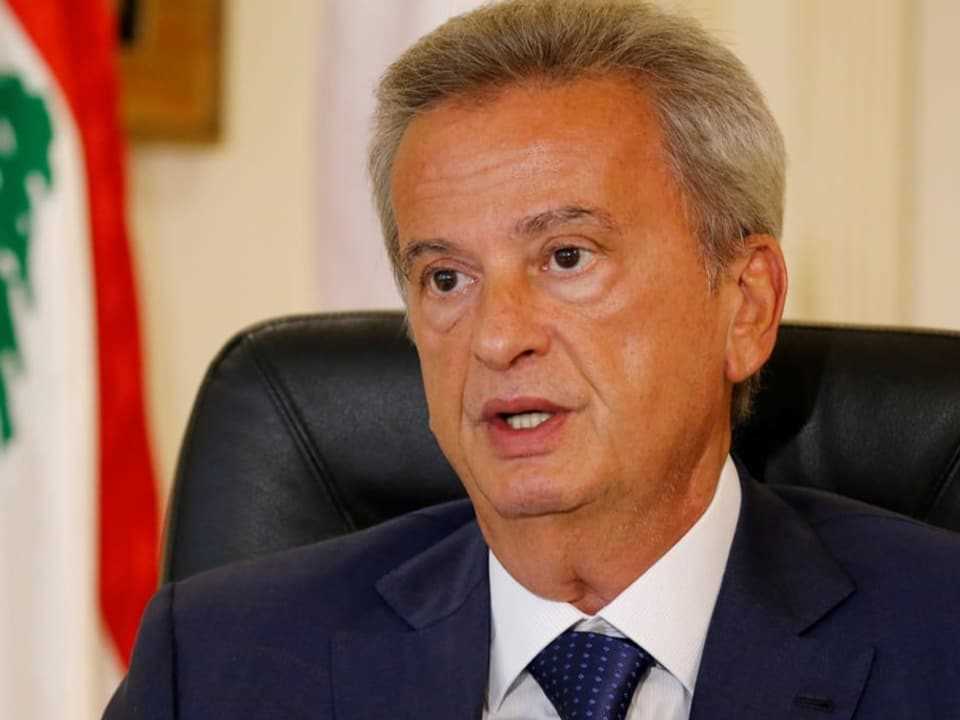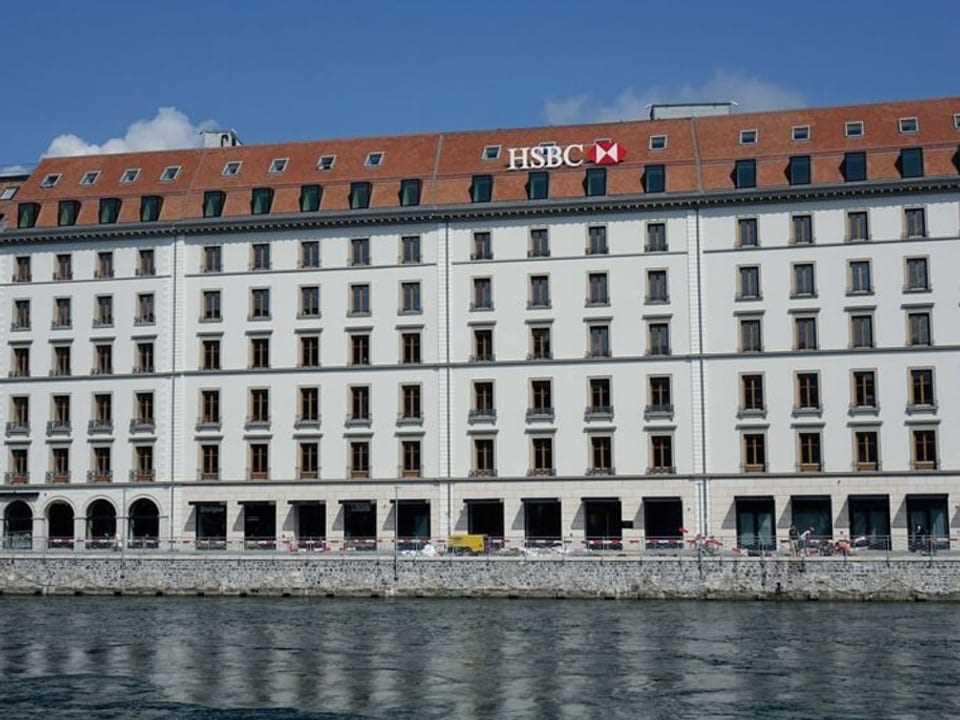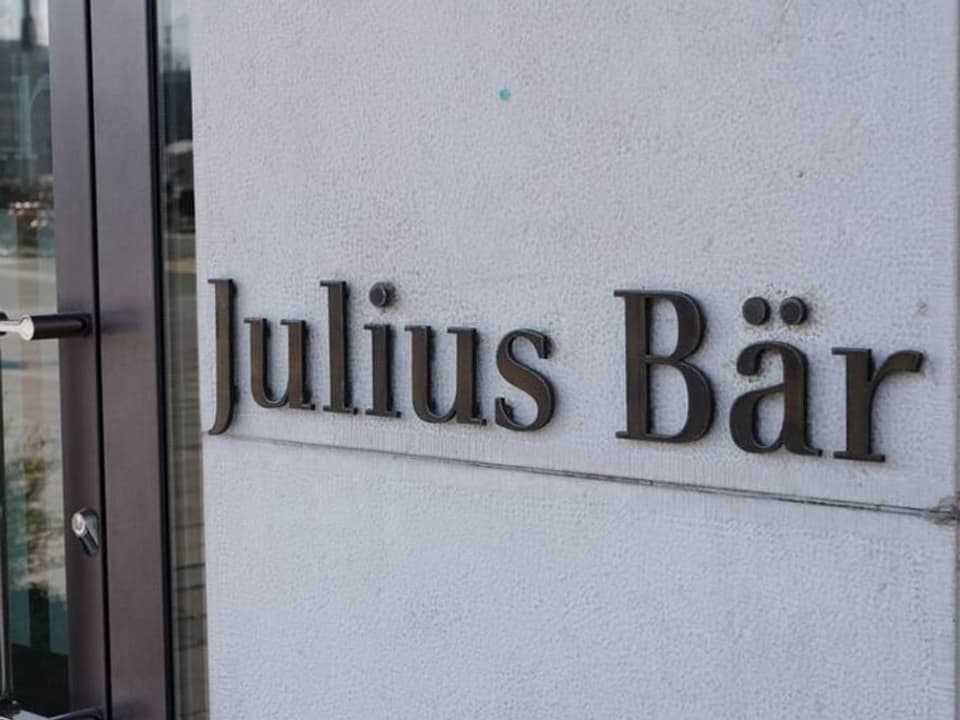Riyadh Salameh has been head of the Lebanese central bank for 30 years. The country today faces economic bankruptcy. He belongs to the core of the Lebanese elite. Critics repeatedly accuse him of being corrupt. Investigations are underway in several European countries against Riyadh Salameh. A total of around $170 million in real estate and assets has been blocked to date.
Criminal proceedings are also underway in Switzerland against him on suspicion of serious money laundering in connection with alleged embezzlement to the detriment of the Lebanese central bank, as the federal prosecutor confirmed to SRF.
Riad Salameh rejects all allegations against SRF that they are politically motivated: “You are only legally guilty when you have been convicted. I have a clear conscience and what I am accused of must first be proven.” He is ready to travel to Switzerland to face the questions. “I have already told the Swiss judiciary that I will testify. I’m ready. I’m just waiting for her call.”
Tricky banking transactions in Switzerland
Lebanese investigators suspect his brother Raja Salameh, who embezzled around $330 million between 2002 and 2016, smuggled it through an offshore company in the British Virgin Islands and laundered it through Swiss banks.
More than 200 million were transferred to five banks in Lebanon via an HSBC account in Geneva, to Raja Salameh’s accounts with the note “private expenses”. Further funds flowed into accounts of the Lebanese central bank governor in Switzerland.
Riad Salameh denies that his brother’s transactions concern him: “He does his business, I do mine. He’s not my partner as president and I’m not a partner in his business,” he said. Riad Salameh’s brother was arrested in Lebanon in mid-March.
Lebanon is collapsing – Switzerland is investigating
Two shell companies in Geneva are on record
According to the request for legal assistance to the Lebanese judiciary, which SRF has received, Riad Salameh is beneficially entitled to two Geneva letterbox companies in which trustees act as owners. One of these companies has invested more than 10 million from Salameh in real estate.
The banks wouldn’t open an account for anyone if something was illegal.
According to the federal prosecutor, the money came from an offshore account owned by Riad Salameh. In an interview with SRF, Riad Salameh says: “I have never visited my properties, I have professional advisors for the system.” Riad Salameh also rejects the impression that he wants to hide something with these complex financial structures: “The banks would not open an account for anyone if something were illegal,” he says.
From Julius Baer to UBS – many banks are involved
Swiss investigators are checking Salameh accounts at six different banks. According to the request for legal assistance, the Lebanese central bank opened an account with Julius Baer in the noughties, for which Riad Salameh is the only authorized signatory. Accounts were also opened at HSBS, UBS, Credit Suisse and the two private banks Pictet and EFG.
All of these banks were contacted by SRF. They would not comment on customer relationships, they say. Most emphasize that they have always acted in accordance with the law. Some of the inquiries remain unanswered.
The banks acted carelessly for the money laundering and compliance specialist Monika Roth. The Salameh case is not a glorious page for the Swiss financial center: “The Lebanese central bank head is a politically exposed person who is easily recognizable. It is also immediately apparent that Lebanon does not have a good government and that the Vetterli economy is commonplace there,” she says, banks should have known that. And: “Mistakes have been made and they were made because the money is attractive.”
Mistakes have been made and they have been made because money is attractive.
Three quarters of the population live in poverty
Riad Salameh estimates his fortune at 150 million francs, everything was acquired legally, he says: “I already had 23 million in 1993 before I took up the post of president. And 23 million grow over 30 years.” In contrast, the population in Lebanon is becoming poorer and poorer.
The living situation deteriorates rapidly. Again and again there are power cuts, the prices for petrol or normal groceries are increasing at breakneck speed. This is how the journalist Alia Ibrahimi describes life in Lebanon in the “Rundschau” show: a normal wage is no longer enough to live on. Sandra Klat is the head of Bassma, an aid organization that helps those in need. She says: “The Lebanese central bank is responsible for the fact that we are suffering today.”
Capital flight to Switzerland
Brazen corruption, national debts, which were covered by new debts over the years, burst a huge financial bubble, which practically wiped out the middle class. The money in the Lebanese banks became virtually worthless.
Three quarters of the people today are poor. The few super-rich who are benefiting from the crisis have shifted billions abroad, including to Switzerland. According to the latest figures from the Bank for International Settlements, there are almost 7 billion US dollars from Lebanon in bank accounts in Switzerland – a record.
